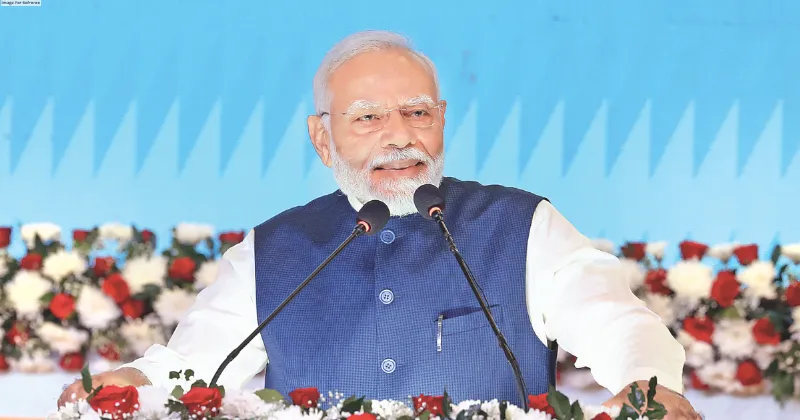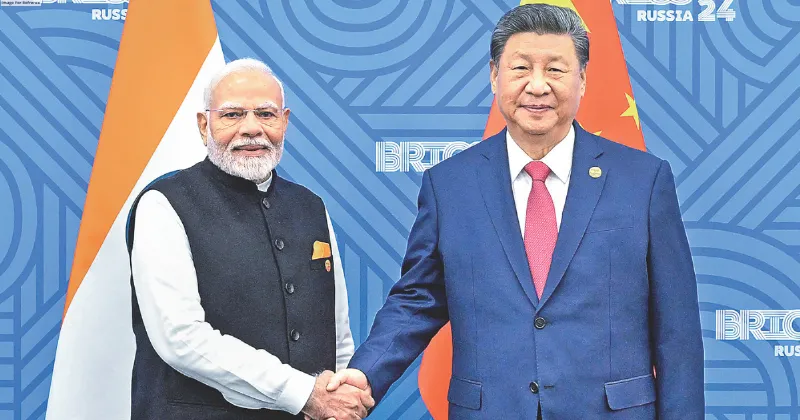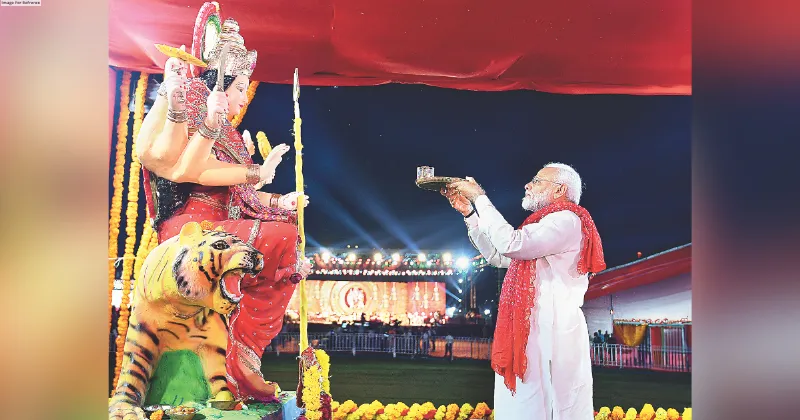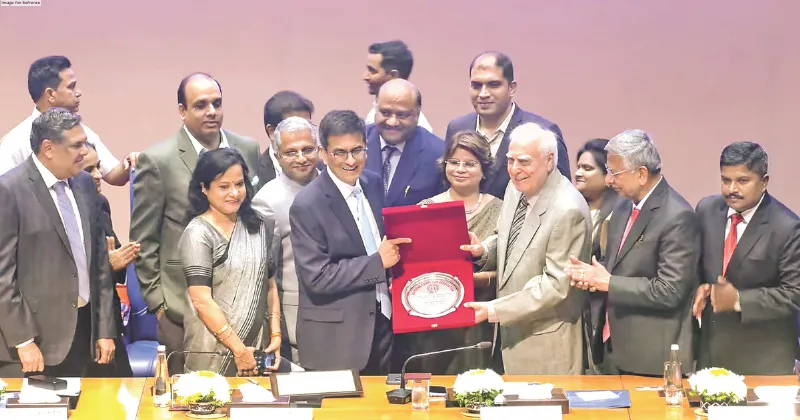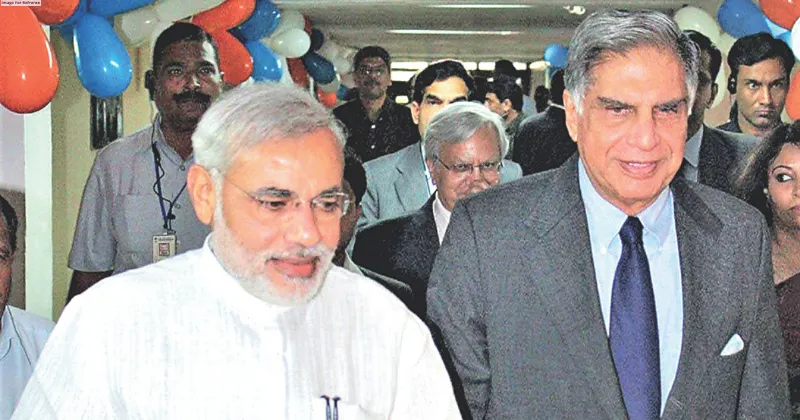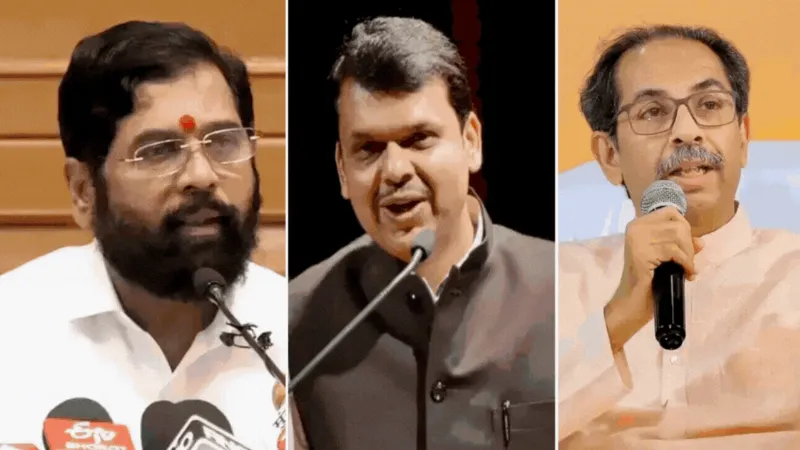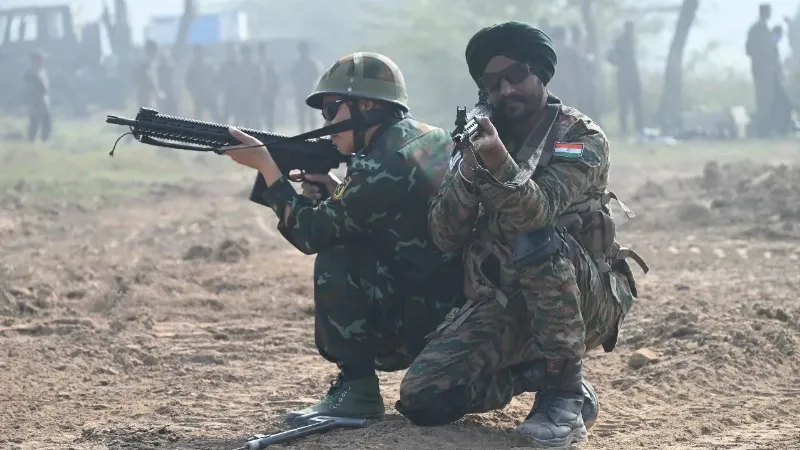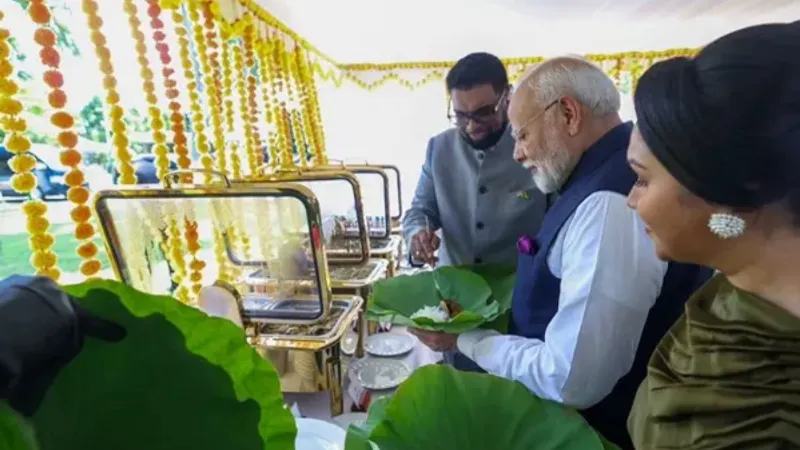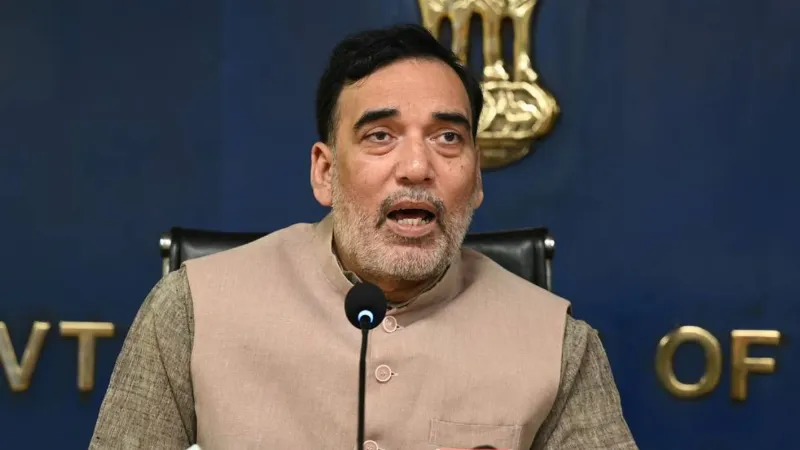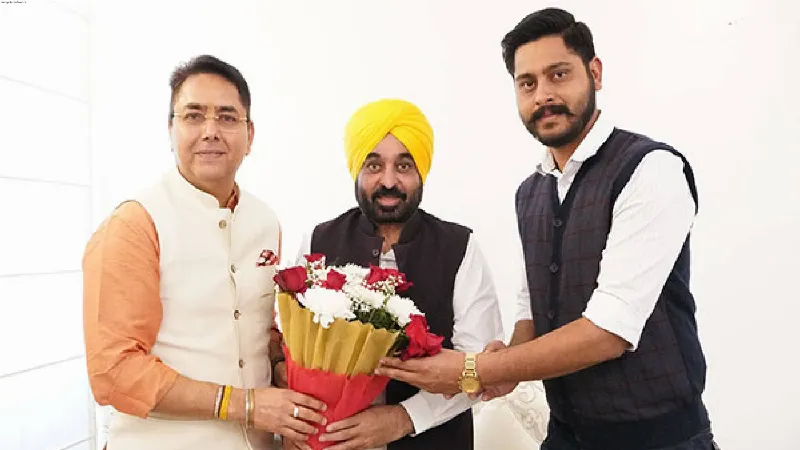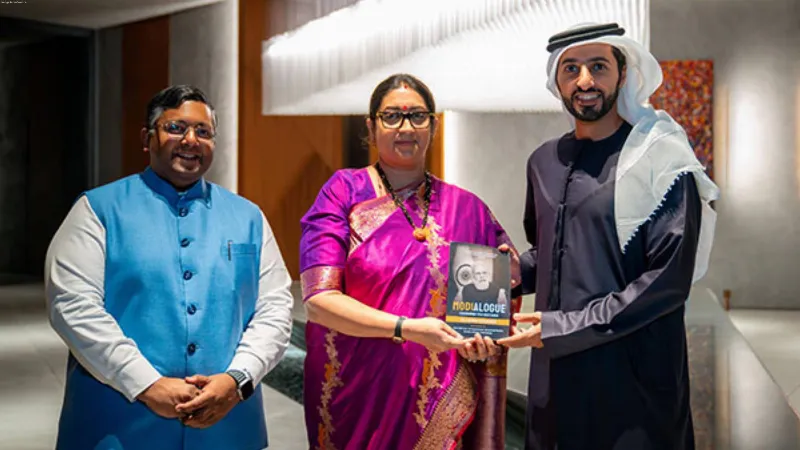No single law to deal directly with regards to live-in in India
.png)
The institution of marriage has undergone significant changes in recent times. In the past, arranged marriages were the only acceptable form of marriage in society. However, with the influence of Western culture, the perception of society shifted, and love marriages became accepted. Now, another form of relationship called a “livein relationship” is gaining popularity among the younger generation.
A live-in relationship refers to two individuals cohabiting without the intention of having a permanent relationship. This type of relationship has emerged due to modernization and urban culture, particularly in large cities. However, live-in relationships are not widely accepted in India due to the stigma and taboo attached to them, as arranged marriages are still considered the societal norm.
The main issues that arise are whether society will readily accept this type of relationship and what the repercussions of accepting such relationships will be. Should existing marriage laws be amended, or should new laws be enacted to regulate these relationships? The judiciary has been inconsistent in recognizing livein relationships, but it has been sensitive to the protection of women’s interests and has played a role in delivering justice to affected women.
Currently, there is no specific law in India to directly address live-in relationships. The Hindu Marriage Act, 1955, grants a legal status to children born out of “voidable” or “void” marriages. The Protection of Women from Domestic Violence Act, 2005 (PWDVA), recognizes relationships in the nature of marriage and provides security for women facing violence in such relationships. The judiciary has interpreted these laws to recognize live-in relationships and protect the interests of women and children involved.. The Supreme Court has held that if a man and a woman have lived together for a long period of time and have held themselves out to society as being akin to spouses, they will be considered legally married. However, the court also recognized that not every live-in relationship will be considered a relationship in the nature of marriage. The individuals must fulfill certain conditions, such as holding themselves out as spouses socially, reaching the legal age of marriage, being legally qualified to marry, and cohabiting voluntarily for a reasonable period of time.
REQUIRED UNIFORM RULES
The insititution of POLYGAMY has declined in last few decades. MONOGAMY has been accepted in law for Christian, Hindu, Parsi and Jews except of Muslim.. Due to the Provisions of law and societal practices second marriage are deemed to be invalid in India as a result of which that woman shall not be maintained in law.
Hindu Marriage Act 1955 is applicable to other Indian communities such as Jain,Sikh and Buddhist also provide for maintenance during pendency of proceedings of divorce and after divorce maintenance is to be provided according to the capacity of the individual who is to provide maintenance.
Muslim Law Mahr is an amount that is to be decided at the time of the marriage take place not fixing a limit of a amount of Mahr. The main purpose of Mahr is to act as sanction on the husband for divorcing his wife and to provide the woman with adequate resources so that she can look after herself either post divorce or after the death of the husband. But if the divorce is taken by both the parties mutually or specifically by the will of the wife the woman therefore loses her claim on Mahr. The Mahr amount given the financial security to the woman. The power of reducing or waiving the Mahr amount is not given to man. The wife is only allowed to reduce or waive the quantum of the Mahr. Thus Mahr protects the interests of a married woman. However muslim personal law no where states a provision that talks about the maintenance of wife after divorce.
Concept of providing maintenance under Muslim law is not similar to the provision regarding maintenance given under the personal laws of other religion of India under Islamic laws men are allowed to practice polygamy and all wives are to be maintened by the husband and second marriage is held valid and the wife does get all the benefits and rights that are entitled to the first wife.
The Union legislature passed a legislation Muslim women ( Protection of rights on divorce) Act 1986 due to controversies that was created after Shah Bano Case as per section 3 of the Act. A Muslim can only seek maintenance during the period of Iddat. After Iddat she is entitled to claim maintenance from her parents and relatives, and in the absence of relative the act also provides that the Magistrate shall direct the State Waqf Board for maintaining the woman. After the Act was passed various HCs had different opinion when it came to the applicability of section 125 Cr.P.C to a Muslim divorced wife.
The Act was not drafted properly which can be seen by a plain reading of it. The unfortunate part is that such an Act still persists in a country that deems to deliver social Justice. Various personal laws concerning different communities, namely Hindus, Parsis, Christians, Muslims establish a concept of maintenance and alimony. Christian find relief under provisions of Indian Divorce Act 1869.
THE VIEWS EXPRESSED BY THE AUTHOR ARE PERSONAL
Abhishek Singh The writer is a Research Scholar

